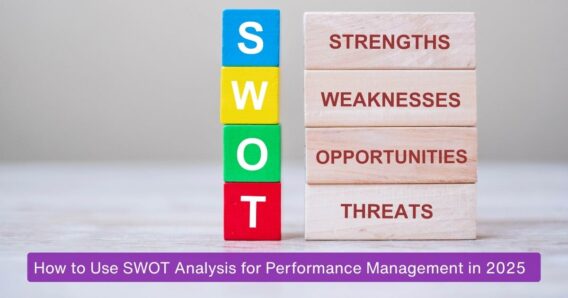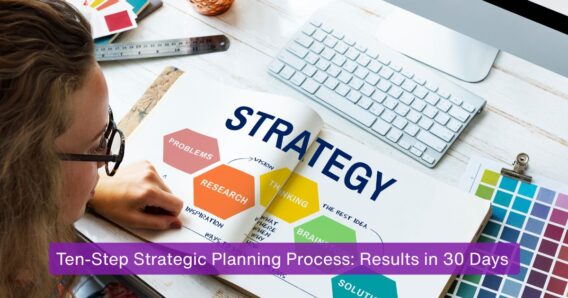What is HRM? Meaning, Process & Future Trends in Human Resource Management.
5 min read
HRM is becoming the most crucial component of the hiring process, encompassing tasks such as coordination, management, and allocation of human capital. Some top Human Resource Management Courses effectively teach about human resource management, enhancing satisfaction with work by managing leave and internal tool requests, addressing benefits enquiries, and facilitating onboarding.
In today’s corporate world, hiring a talented workforce is as important as a company’s goals associated with Human Resource Management and overall performance evaluation.
What is HRM (Human Resource Management)
Human Resource Management (HRM) is also called Human Resource (HR) or Talent Management. This management leads to employees’ organised tasks for efficiency and proficient results. It includes coordination, benefits, onboarding, retention, and leave policies. The staff and team managers ensure the safety of employees by effectively enforcing the policies. Various organisations depend upon the HRM for their company’s smooth, long-term functioning.
What are the Basic Elements of HRM?
Human Resource Management consists of some basic elements that are the vital cornerstones in the field.
- Strategic HR Planning aligns people with business, ensuring the right talent is in the right place at the right time, leading to future talent forecasts, succession planning, and workforce analytics.
- Improving Employees’ Productivity: HRM teams are essential to employee performance management. They track knowledge and skill gaps, safely record employee performance, and offer suggestions for enhancements.
- Diversity, Equity, and Inclusion in the Workforce (DEI): It means building a diverse workforce where everyone, regardless of their background, has a fair chance and truly belongs. DEI should be in the networks for the leadership, promotion, and recruiting process.
- Talent Acquisition: This is not just hiring; it’s about finding the right talent and the best people who align with your company’s present and future objectives.
- Performance and Talent Management: Annual performance evaluation focuses on setting individual expectations and feedback, and boosting their current performance. It should be measured using 360-degree feedback systems, OKRs, and KPIs.
- Enhanced Employee Service: HRM departments provide individualised employee service, varying from onboarding to addressing various inquiries.
- Ensuring Data Privacy: To secure employee and company data, HRM must put strong security measures and cutting-edge privacy features like encryption keys and two-factor authentication into place.
- Employee Retention and Engagement: Employee retention and engagement are achieved by formulating tactics for motivation and creating a positive work atmosphere.
- Managing Leave and Other Policies: Professionals use internal help desk systems to give HR teams employees context to customise responses and offer individualised advice on paid and unpaid leaves of absence.
Detailed Working of the Human Resource Management System
An ideal Human Resource Management course is beneficial for those working in the Human Resource department and other working professionals. The HRM system provides a wide range of practical knowledge that helps HR managers handle dynamic tasks easily. The following services are the key takeaways from the HRM system.
Recruitment and Talent Acquisition
- Employee Data Management
- Onboarding process, like ID creation, access card generation
- Orientation programmes to ensure smooth integration into the company
- Payroll and Compensation Management
- Leave and Attendance Management
- E-learning Resources and Development
- Data-driven Dashboards and Reporting
- HR Compliances, including labour laws, tax regulations, etc.
In Human Resource Management, the professional works with compensation, labour laws, employee relations, and benefits. Employee service or HR help desk teams are frequently a part of the HR system, making it more efficient.
Top Skills to become an HR Professional
The foremost skills that can make you a futurian in this field are-
- Strong Communication
- Ability of Multitasking
- Problem-Solving Personality
- Dual Focus
- Power of Negotiation
- Conflict Management
How to Choose the Best Human Resource Management Course
If you are looking for the best Human Resource Management Course, here are some factors to consider.
- The course must provide practical knowledge along with the foremost skillset.
- Choose a course that provides real HR practices like Recruitment, Payroll process, Employee engagement, etc.
- The course must have modern modules like HR tools, labour laws, and soft skills used in today’s workplaces.
- Pick a course that not only gives you a certificate but also prepares you for job interviews, internships, or promotions in HR roles.
- Choose a course that makes you confident not just as an HR professional, but as a people leader.
The best HRM course is the one that prepares you for real people, real workplaces, and real challenges in the workplace.
Conclusion
Human Resource Management is not just about policies, payroll process, etc.; it’s about how the right people should be at the right place and time within the organisation. An organisation can buy the most expensive infrastructure and have the best technology, but without the right workforce, nothing truly works. Simply put, HRM keeps the right talent alive, which keeps the business alive.
FAQs
Q1) Shall I choose HR as a career?
Yes, it is a promising career and has long-term benefits.
Q2) What is the role of a Human Resource Manager?
They look after the administrative functions like hiring, compensation, benefits, safety, health, and leave.
Q3) How can I become an HRM Professional?
You must have skills like communication, negotiation, problem-solving, multitasking, etc.




